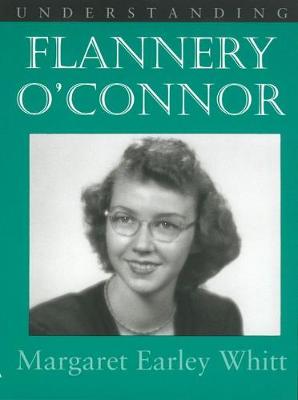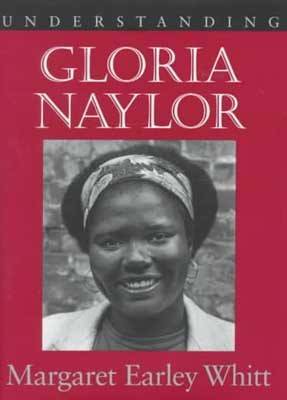Understanding Contemporary American Literature
2 total works
Describing Flannery O'Connor's fiction as ""violent, grotesque and horribly funny, with a twist"", Margaret Earley Whitt explores the canon of the Georgia writer whose work has long haunted and harassed its readers. In a comprehensive survey that encompasses O'Connor's short stories, novels, essays and letters, as well as the body of criticism that has proliferated since her death in 1964, Whitt illumines the religious themes and bizarre characters that make O'Connor's prose so different from that of other American writers. Whitt discusses the components that drive the writer's work: her Southernness and her Roman Catholicism. The blend of these two enabled her to deliver orthodox Christian themes through the code of southern etiquette.
This study introduces readers to the literal and mythical places, recurring characters and rich literary allusions that distinguish Gloria Naylor's award-winning fiction. Her characters move from poverty and isolation to transcend the racism and sexism constricting their lives.

